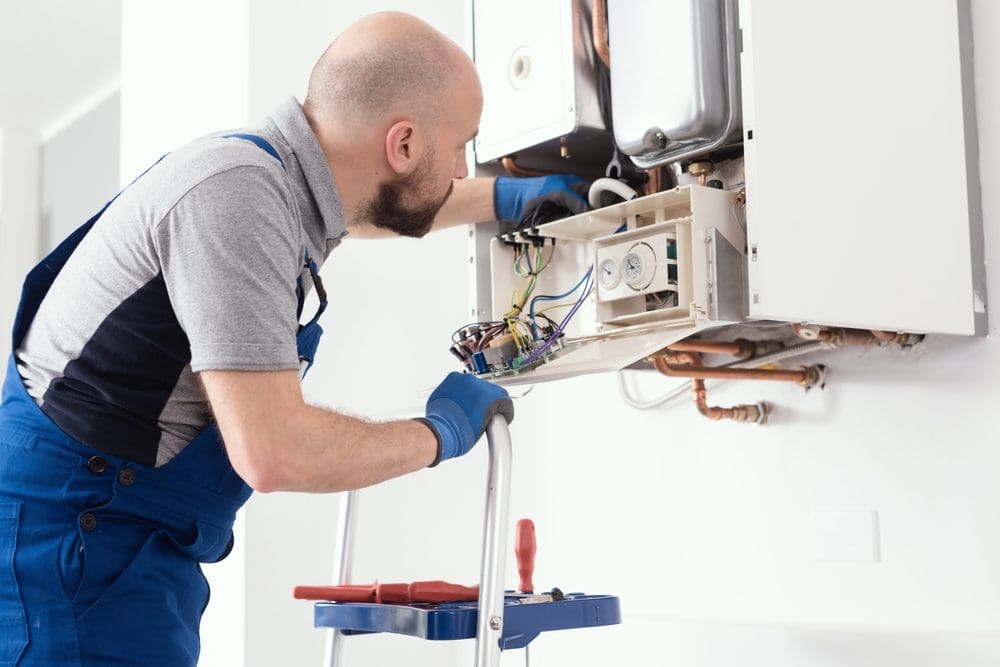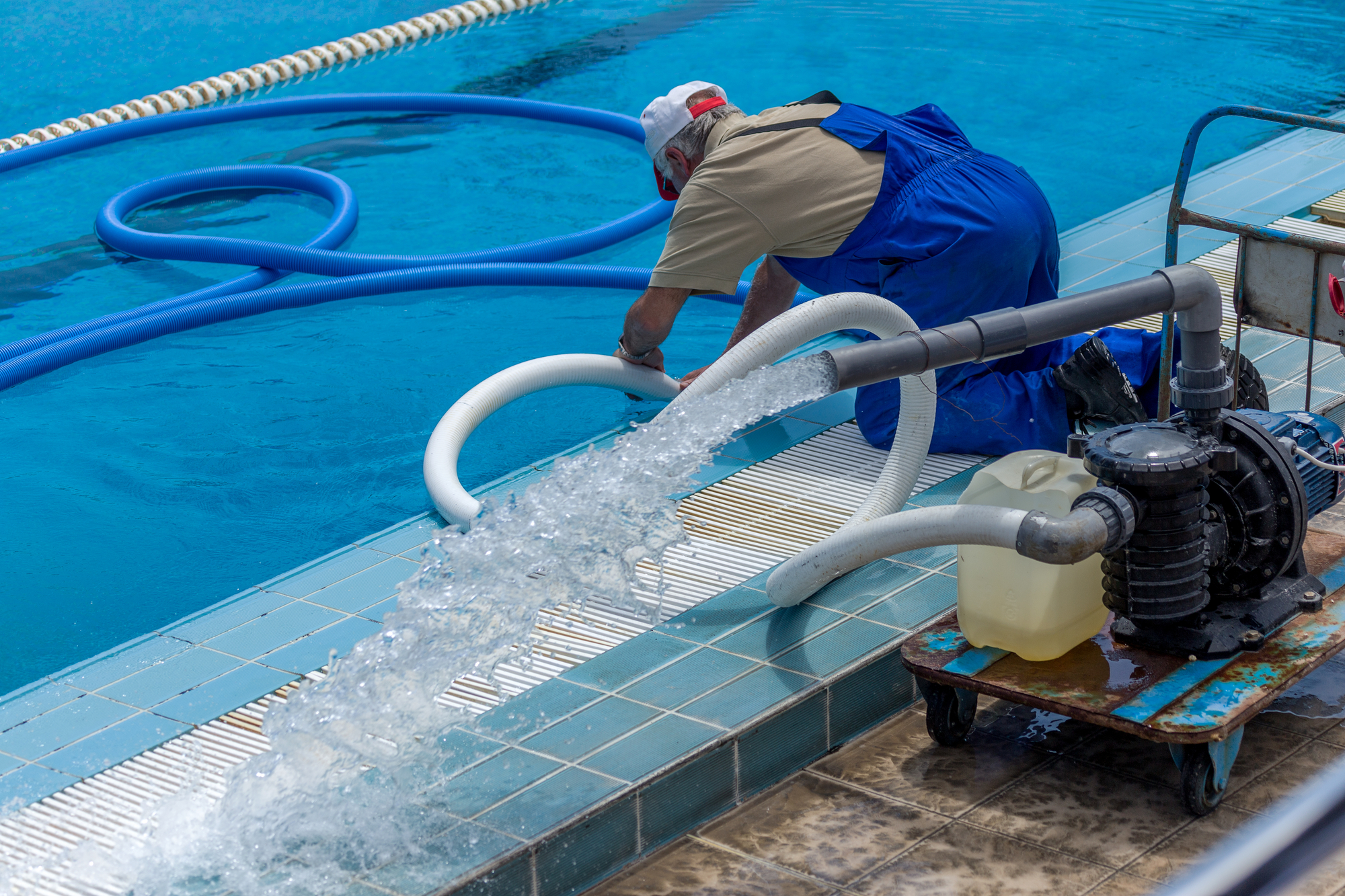Swimming Pool Maintenance
by Admin
Posted on 04-02-2025 02:49 PM

Importance of Regular Maintenance
Regular swimming pool maintenance is crucial for several reasons. Firstly, it helps to maintain the water quality, making it safe for swimmers. Poor water quality can lead to skin and eye irritations, and even respiratory problems. Secondly, regular maintenance helps to prevent equipment failure, which can be costly to repair. Finally, regular maintenance helps to prolong the lifespan of the pool and its equipment, saving you money in the long run.
Types of Maintenance Tasks
There are several types of maintenance tasks that need to be performed regularly to keep your pool clean and safe. These tasks include:
Daily Tasks
Daily tasks include skimming the surface of the water, cleaning the pool floor and walls, and checking the pH and chlorine levels. These tasks help to remove dirt and debris from the pool, prevent algae growth, and ensure the water is safe for swimmers.
Weekly Tasks
Weekly tasks include vacuuming the pool floor, cleaning the filter, and checking the equipment. These tasks help to remove dirt and debris from the pool, prevent equipment failure, and ensure the pool is running efficiently.
Monthly Tasks
Monthly tasks include checking the stabilizer levels, cleaning the pool tile and coping, and inspecting the equipment. These tasks help to prevent corrosion, ensure the pool is safe for swimmers, and prolong the lifespan of the pool and its equipment.
Equipment Maintenance
Equipment maintenance is an essential aspect of swimming pool maintenance. The equipment includes the pump, filter, heater, and chlorinator. Regular maintenance of the equipment helps to prevent equipment failure, which can be costly to repair. The pump and filter should be cleaned regularly, and the heater and chlorinator should be inspected regularly to ensure they are working efficiently.
Pump Maintenance
The pump is the heart of the pool equipment, and it should be maintained regularly to ensure it is working efficiently. The pump should be cleaned regularly, and the seal should be replaced every 5-7 years.
Filter Maintenance
The filter is an essential part of the pool equipment, and it should be maintained regularly to ensure it is working efficiently. The filter should be cleaned regularly, and the cartridges should be replaced every 1-2 years.
Chemical Maintenance
Chemical maintenance is an essential aspect of swimming pool maintenance. The chemicals include chlorine, pH balancers, and stabilizers. Regular maintenance of the chemicals helps to ensure the water is safe for swimmers and prevents problems such as algae growth and corrosion. The chlorine levels should be checked regularly, and the pH balancers should be added as needed.
Chlorine Maintenance
Chlorine is a disinfectant that helps to kill bacteria and other microorganisms in the pool. The chlorine levels should be checked regularly, and the chlorine should be added as needed.
pH Maintenance
The pH levels should be checked regularly, and the pH balancers should be added as needed. The ideal pH range for a swimming pool is between 7.2 and 7.8.
Safety Precautions
Safety precautions are an essential aspect of Swimming Pool Maintenance. The pool area should be safe for swimmers, and the equipment should be installed and maintained correctly. The pool area should be fenced, and the gates should be locked when the pool is not in use. The equipment should be installed and maintained correctly, and the electrical components should be kept away from the water.
Electrical Safety
Electrical safety is an essential aspect of swimming pool maintenance. The electrical components should be kept away from the water, and the equipment should be installed and maintained correctly.
Fencing and Gates
The pool area should be fenced, and the gates should be locked when the pool is not in use. The fence should be at least 4 feet tall, and the gates should be self-closing and self-latching.
Troubleshooting Common Problems
Troubleshooting common problems is an essential aspect of swimming pool maintenance. Common problems include algae growth, equipment failure, and corrosion. Algae growth can be prevented by regular maintenance of the chemicals and equipment. Equipment failure can be prevented by regular maintenance of the equipment. Corrosion can be prevented by regular maintenance of the equipment and the use of corrosion-resistant materials.
Algae Growth
Algae growth can be prevented by regular maintenance of the chemicals and equipment. The chlorine levels should be checked regularly, and the chlorine should be added as needed. The pH levels should be checked regularly, and the pH balancers should be added as needed.
Equipment Failure
Equipment failure can be prevented by regular maintenance of the equipment. The pump and filter should be cleaned regularly, and the heater and chlorinator should be inspected regularly.
Conclusion
In conclusion, swimming pool maintenance is an essential aspect of owning a pool. Regular maintenance helps to ensure the pool is safe and clean for swimmers, prevents problems such as algae growth and equipment failure, and prolongs the lifespan of the pool and its equipment. By following the tips and guidelines outlined in this article, you can keep your pool clean and safe, and enjoy it for years to come.
FAQs
What is the ideal pH range for a swimming pool?
The ideal pH range for a swimming pool is between 7.2 and 7.8.
How often should I clean the filter?
The filter should be cleaned regularly, and the cartridges should be replaced every 1-2 years.
What is the purpose of stabilizer in a swimming pool?
The stabilizer helps to prevent the chlorine from being degraded by the sun's ultraviolet rays.
How often should I check the chlorine levels?
The chlorine levels should be checked regularly, and the chlorine should be added as needed.
What is the purpose of fencing and gates around a swimming pool?
The fence and gates help to prevent accidents and ensure the pool area is safe for swimmers.
Good Vibes Pool Service
3450 Palmer Dr. #4-262
Cameron Park, CA 95682
(530) 883-0715
info@goodvibespoolservices.com
